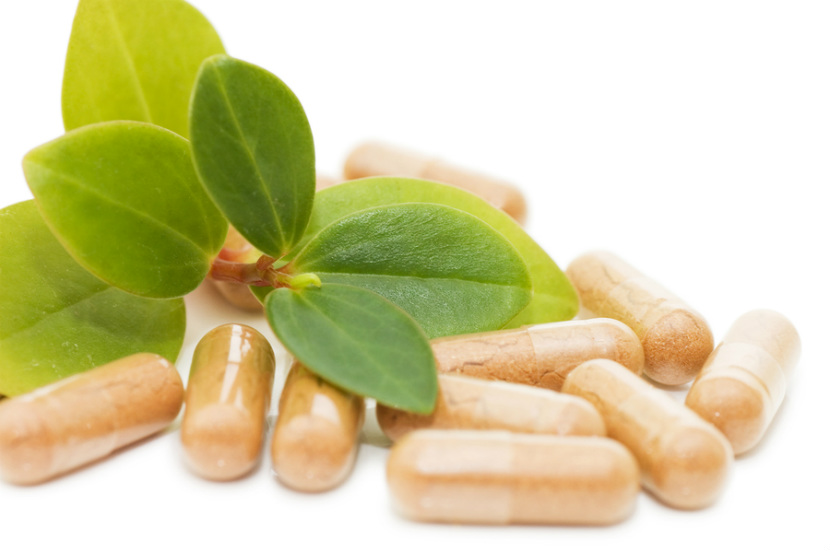
Many people with diabetes are using natural health products (NHPs) as part of their diabetes management or for other health reasons. Before making the decision to use NHPs, it is important to understand the possible benefits and risks to your diabetes control and overall health.
What are natural health products?
NHPs come in many forms, including herbal products, vitamin and mineral supplements, and traditional and homeopathic medicines.
Are natural health products safe?
It depends. Like drugs and medications, NHPs can be safe, but they may also have side effects, and interact with medications, nutrients and foods. They may not always do what they claim to do and they are not risk free. For people with diabetes, they may also raise or lower blood glucose levels. NHPs should be taken under the supervision of your health care provider.
How are natural health products regulated?
Health Canada has regulations in place to help ensure that NHPs sold in Canada are safe. Look for one of the following on the label:
-
Drug Identification Number (DIN)
-
Natural Product Number (NPN)
-
Drug Identification Number – Homeopathic Medicine (DIN-HM)
Health Canada reviews products based on current scientific evidence. However, for many NHPs, there is limited research available. See the Natural Health Products Directorate for products that are allowed to be sold in Canada. Choose only products regulated by Health Canada if you decide to use NHPs.
Which natural health products have been studied in people with diabetes?
In general, NHPs have not been well studied. Few research studies have looked at the effects of NHPs on blood glucose levels in people with Type 2 diabetes. In some small studies, the NHPs below have been found to improve blood glucose control. However, there is not enough evidence to recommend any of these NHPs as a treatment for Type 2 diabetes.
-
Citrullus colocynthis (bitter cucumber capsules )
-
Coccinia cordifolia (ivy gourd extract)
-
Ganoderma lucidum (lingzhi mushroom extract)
-
Gynostemma pentaphyllum (jiaogulan herb, prepared as tea)
-
Marine collagen peptides (unique fish proteins)
-
Pterocarpus marsulium (Vijayasare (Indian Kino tree) extract)
-
Salacia reticulata (Kothala Himbutu tea)
-
Silymarin (milk thistle extract)
-
Soybean-derived pinitol extract (purified soybean compound)
-
Touchi soybean extract (fermented soybean extract)
-
Trigonellafoenum-graecum (fenugreek compounds)
These NHPs have not been found to improve blood glucose control:
-
Agaricus blazei (agaricus mushroom)
-
Antioxidants (fruit/vegetable extracts, pomegranate extract)
-
Camellia sinensis (green tea)
-
Cinnamon
-
Coenzyme Q10
-
Flaxseed oil
-
French maritime pine bark
-
Ginseng
-
Momordica charantia (bitter melon or bitter gourd capsules)
-
Soy phytoestrogens
-
Tinospora crispa (plant extract)
-
Vitamin D
-
Vitamin E
-
Vitamin C
These NHPs may or may not affect blood glucose: More research is needed.
-
Chromium
-
Ipomoea batatas (caiapo)
-
L-carnitine
-
Magnesium
Should I take natural health products to help manage my blood glucose levels?
No. There is not enough evidence to recommend NHPs as a treatment for Type 2 diabetes. Follow your diabetes health team’s advice to help you manage your blood glucose levels.
Bottom line
Before taking a natural health product, talk to your doctor, dietitian or health care provider.
You may also be interested in:
Commonly used Natural Health Products
Vitamins and Minerals FAQs
How to Manage Diabetes
Last Update – August 15, 2018